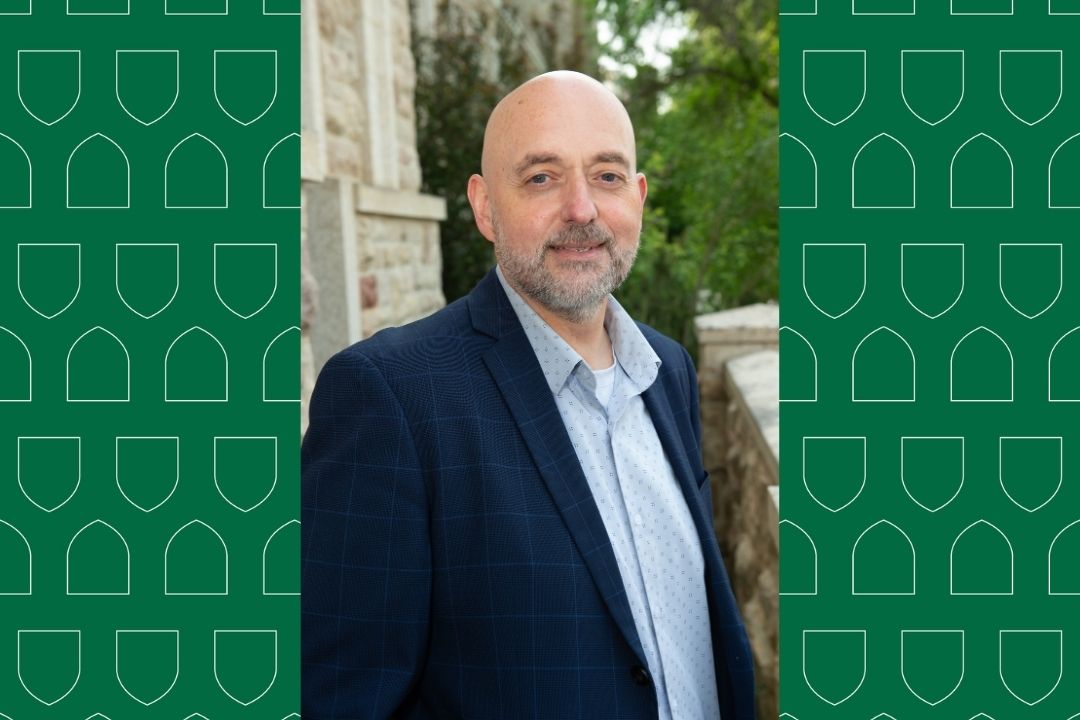
Getting to Know: Dr. George S. Katselis
A Q-and-A with Dr. George S. Katselis (PhD), an Assistant Professor in the Department of Medicine and the Canadian Centre for Rural and Agricultural Health.
Could you provide a short description of your background?
I studied analytical chemistry at Dalhousie University earning a B.Sc. with Honours and completed my graduate studies (M.Sc. & PhD.) at the University of Saskatchewan (USask) in analytical chemistry of natural products and pharmaceutical sciences. It was during my Ph.D. studies that I discovered my true passion for mass spectrometry. This took me to Los Angeles and the City of Hope Medical Center on a Post-Doctoral Fellowship in mass spectrometry-based proteomics under the mentorship of Dr. Terry Lee, a mass spectrometry pioneer. Upon my return to USask, I joined the Department of Medicine where I established, and currently lead, the Canadian Centre for Rural and Agricultural Health Mass Spectrometry Laboratory for Omics Research. I teach advanced proteomics and biochemistry courses to undergraduate and graduate students.
What is your area of research?
I use mass spectrometry-based techniques to study functional and structural proteomics and their biomedical aspects in human health. I use these techniques to discover and characterize protein and peptide marker compounds, their modifications, and interactions in clinical, environmental, agricultural, rural and occupational health settings. I also develop instrumentation for advanced mass spectrometry analysis.
Could you tell us about the “big moments of research” for you?
Two moments are inscribed in my mind: 1) the establishment of the mass spectrometry lab for proteomics research here at USask, which was the first of its kind; 2) the fascinating discoveries in two of my current research projects – a) on the effects of whole-body vibration on cognitive impairment; and b) on the understanding of the role of sodium-glucose cotransport 2 receptor inhibitors, a medication to treat diabetes, on heart attack patients.
a) In collaboration with Dr. S. Milosavljevic from the School of Rehabilitation Science and using an animal model we have discovered protein biomarkers that impair cognition by using farm-realistic vibration exposures. The outcome of this research brings a deeper understanding of the effects of exposure to whole-body vibration on cognition and promote the importance of including measures, biomarker indicators, and evaluation of cognitive change in whole-body vibration guidelines.
b) In collaboration with Drs. J. Shavadia and H. Haddad we have identified protein biomarkers belonging to certain biochemical pathways that influence and minimize the risk of post-infarction heart failure.
Do you have any advice/messages for early-career researchers?
Be passionate in what you do! Multidisciplinary collaboration leads to success in research. Do not forget to find balance in your academic and personal lives while you are pursuing your goals.
What are your future aspirations for research?
My desire is to continue and expand the established research and teaching nest for researchers, clinicians, and students in proteomics research in Health Sciences. I aspire to further improve the present technologies and develop novel mass spectrometric approaches. I want to make mass spectrometry an important tool for everyone to use and in the process improve aspects of everyday life, whether this is patients’ health or the environment.
